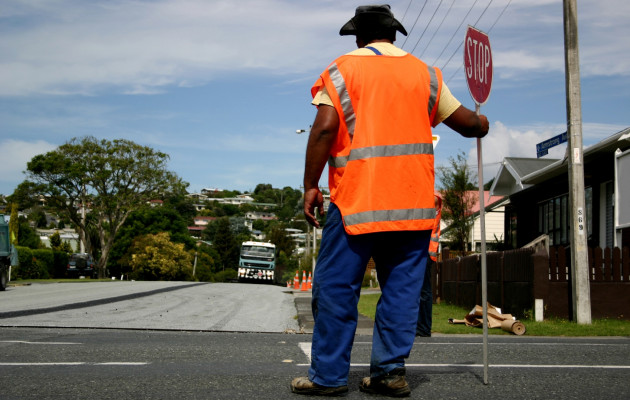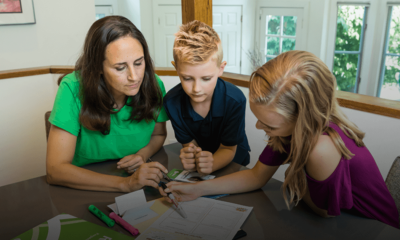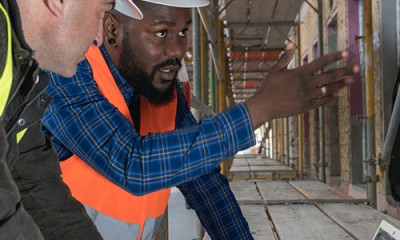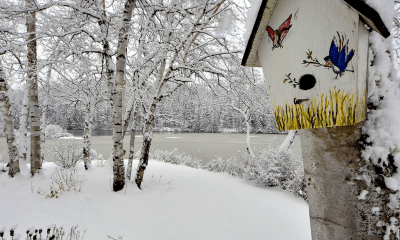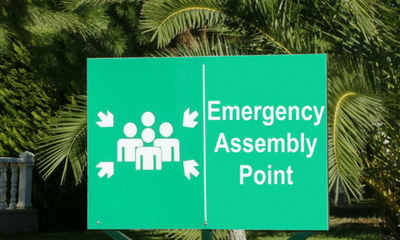Community Volunteer Opportunities – Organizations & Tips!
In times of natural or man-made disasters, it is hard to think of a world in which volunteers do not exist. Volunteers are essential to the process of recovering, healing, and helping a community and its residents receive the care and necessities they so desperately need post-emergency. This week in honor of National Preparedness Month, we focus on “Preparing through Service.” We aim to highlight the ways in which you can offer your time to helping others and how important the volunteers in any situation are.
There are many community organizations available in your local area to which you can donate your time, money, or goods. There are even organizations that are uniquely designed to fit your interests and lifestyle, for example, veterans, police officers, firefighters, and more.
Get involved with community organizations!
- Volunteers help victims in disaster-affected areas
- Key services include: providing food, water, clothing, shelter, and comfort
- Learn how to become a volunteer and search volunteer opportunities by zip code
- Volunteers who conduct missions for the betterment and safety of communities nationwide.
- Key service areas include: search and rescue, disaster relief, humanitarian services, air force support, and counter-drug
Community Emergency Response Teams (CERT) – “Uniting Communities. Preparing the Nation.”
- Trains volunteers in useful disaster response techniques such as first-aid, search and rescue, and more. Individuals involved in CERT can help out other communities in need when they are short on volunteers and first responders.
- Search for a CERT program by zip code
- Register an official CERT program, here
- Volunteers are able to help out their local fire or EMS departments with various tasks.
- Key opportunities include teaching safety tips to children, keeping your community safe by aiding in the installation of fire alarms, distributing safety flyers, materials, and more
- Find a Fire Corps program nearest you
- Medical professionals who volunteer to help during disasters or address a community’s public health issues
- Some volunteer services may include providing immunizations, screenings, health services, and care for injuries
- About volunteering
- Find a local MRC unit, here
- A volunteer organization aimed at preventing crime and enhancing the overall safety of a community.
- Find a local Watch Program in your area, here
- Learn how to register or become a member, here
Volunteers in Police Service (VIPS)
- Individuals who help police agencies and law enforcement to make their community “safer, stronger, and better prepared to respond to any emergency situation”
- Key service areas include: cyber bullying, patrolling of parks and communities, domestic violence, and more
Meals On Wheels Association of America
- A volunteer organization providing meals to senior citizens and older Americans
- Volunteer in numerous ways such as preparing meals, delivering, serving, office administration, events, and by performing safety checks
- Information on signing up to become a volunteer, here
For more localized volunteer opportunities, contact your local organizations such as schools, fire and police departments, and Chambers of Commerce
Volunteering does not have to be through an organization, there are other ways to prepare through service, such as:
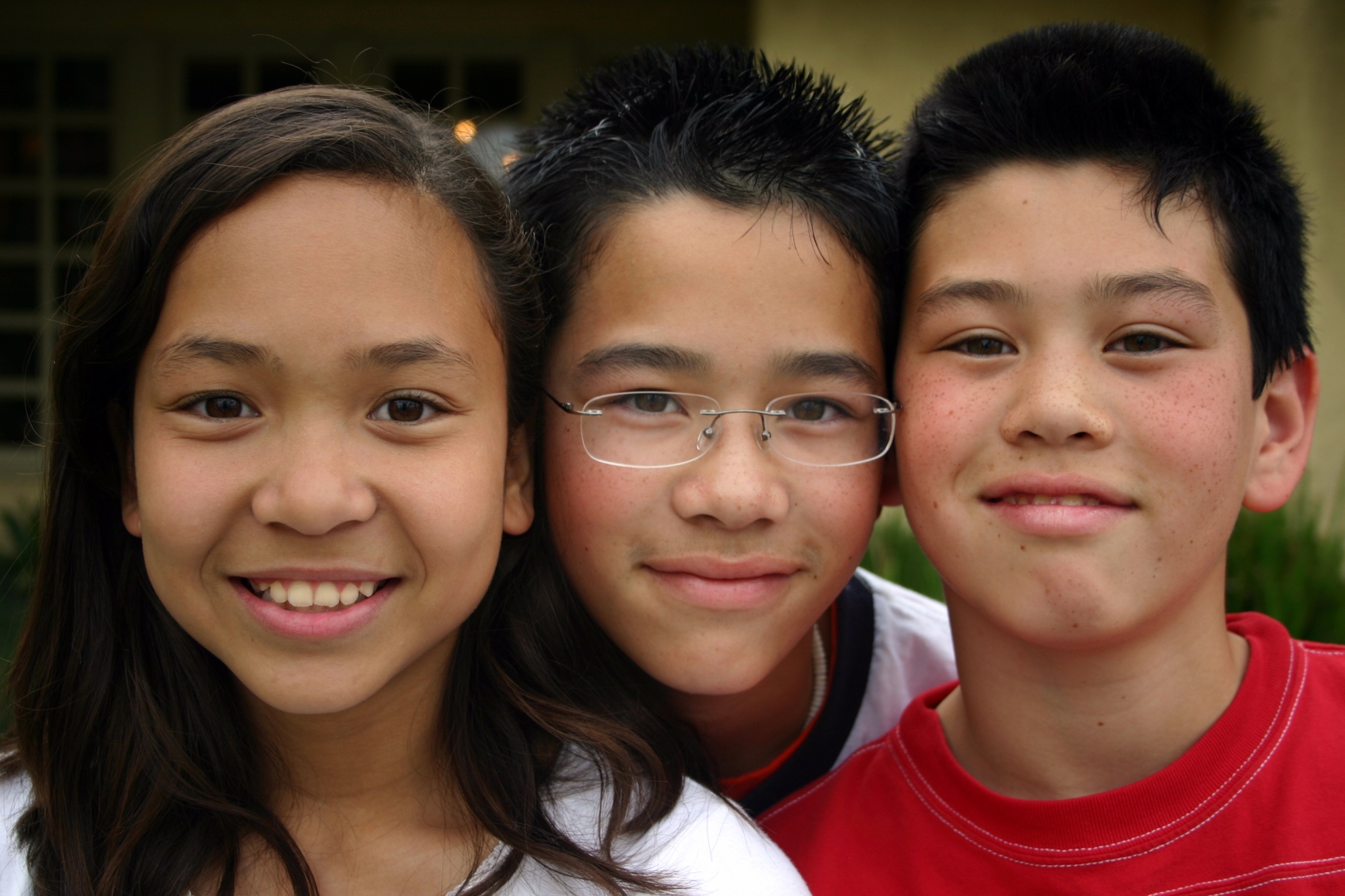 Talk to your neighbors about their needs.
Talk to your neighbors about their needs.
- Volunteer your time to make your neighborhood safer by involving your neighbors in your communication and emergency plan.
- If you have elderly neighbors, help them formulate their emergency plan, and offer to help them should a disaster arise and you are able to.
- Having a open communication with your neighbors allows for a trust to develop that in a disaster you can count on them, and they can count on you.
Talk about ways to help your community prepare for disaster.
- Hold a community meeting and discuss disaster risks your community faces and ways to mitigate these risks.
- Discuss your community’s disaster plan, perform practice-runs of that plan, and fix any flaws within.
- Communities who are involved in resiliency and in planning often times can receive funding and special grants for being proactive.
Celebrate first responders and emergency-focused organizations who service communities.
- Work with your community to come up with ways to celebrate and appreciate first responders and volunteers in your community (Example: a summer cookout, picnic, or award ceremony).
- Showing appreciation to those who volunteer their time not only teaches the youth of your community the importance of volunteers but also helps the volunteers feel appreciated as well.
Volunteering ensures that communities and its residents are prepared, safe, and able to sustain during a disaster – natural or manmade. Furthermore, it establishes a relationship with members of the community to trust and rely on each other for help during trying times.
For additional preparedness tips, check out:

